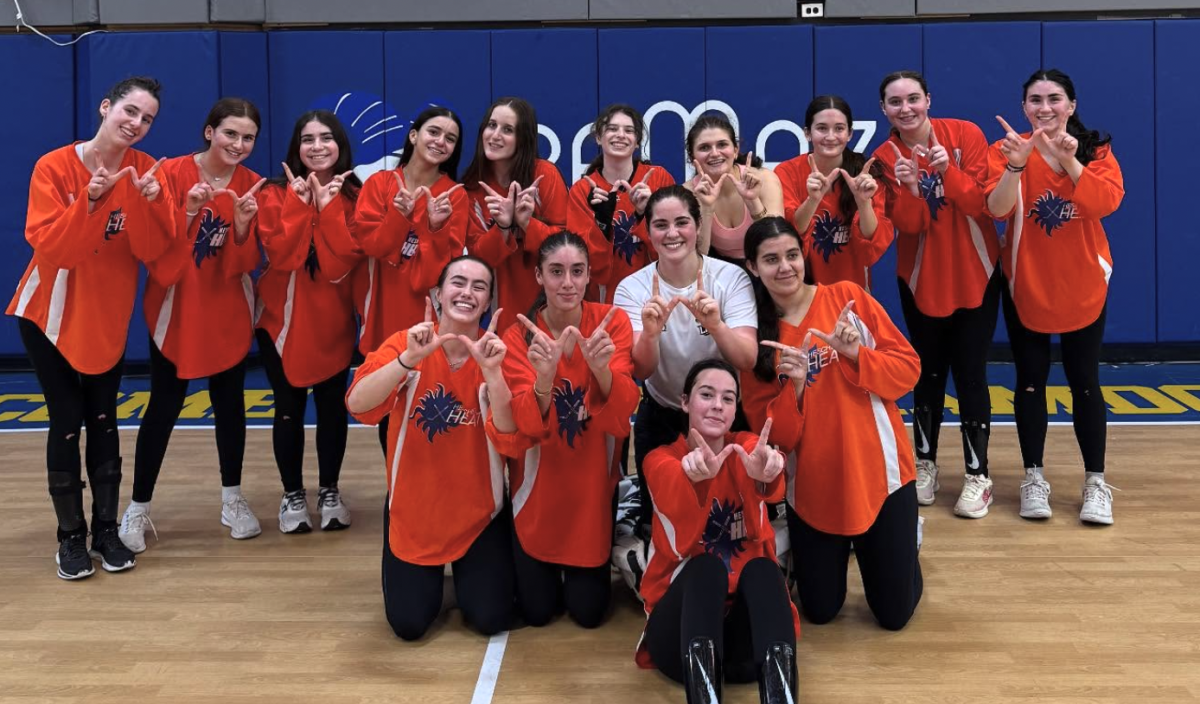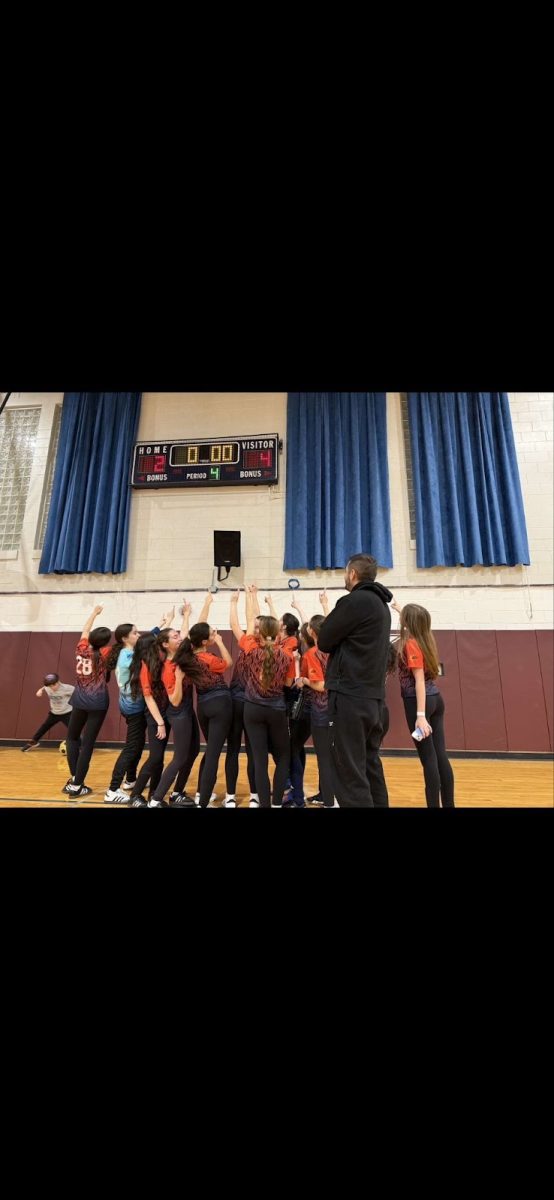On Monday, March 1, the House passed a bill titled the “Protecting Americans from Foreign Adversary Controlled Applications Act” with overwhelming bipartisan support. The bill’s most notable and relevant effect on teens is the potential ban on TikTok. While the government may be concerned with public safety, kids across America are concerned with being blocked from accessing content.
Heschel students, however, seem surprisingly unbothered with the fate of their favorite app hanging in the balance. Some have no stake in the matter because they, like myself, have been on a self-imposed TikTok ban. After spending hours on the app each day and not remembering so much as one of the 15-second videos I had watched, I knew it needed to go. Some students may be unconcerned about TikTok’s future because, as much as they enjoy the app, they know they could use their time more constructively.
Junior Anabelle Gononsky said, “I know I will be better off without it.” This sentiment was echoed by an estimated 10 percent of the high school who raised their hands when guest speaker Ritchie Torres asked who supported a proposed bill by Congress to ban TikTok in the United States.
Another legitimate reason students are not worried about the fate of TikTok is that there are alternative apps with identical content models; Instagram, YouTube, and Snapchat have Reels, Shorts, and Spotlights where viewers can scroll endlessly through short videos, similar to those on TikTok.
The bill gives ByteDance, the owner of TikTok, 180 days to sell it, or it will be banned in the United States—but this deadline will likely be extended. Five months might seem too far away to worry TikTok users with evidently short attention spans. However, it’s safe to say that Heschel teens are not anxious about the potential loss of their most used app.





